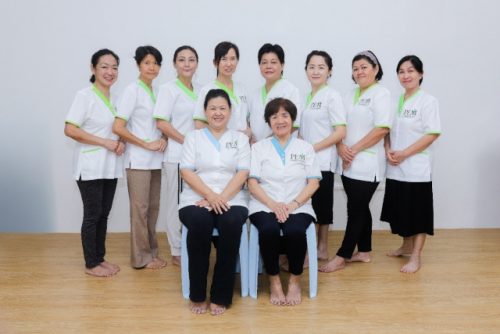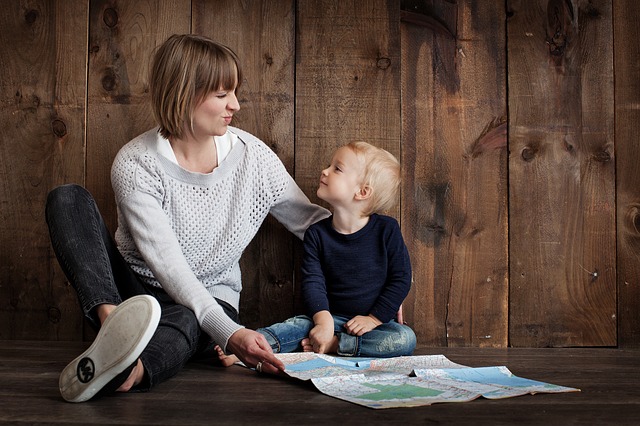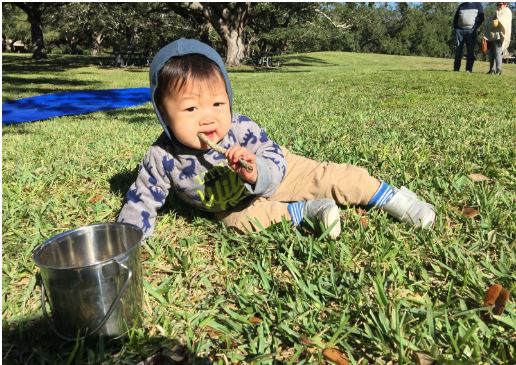Making an effort to prioritise sleep is an important step towards feeling well-rested but there is much more to rest than just sleeping. Dr Saundra Dalton-Smith, a medicine physician, identifies 7 different types of rest we need to fulfil to feel energised: physical rest, mental rest, sensory rest, emotional rest, social rest, creative rest and spiritual rest.
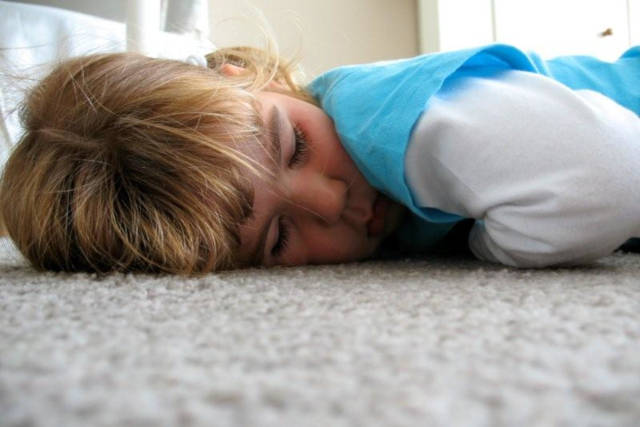
It can be challenging to make time to work on the different types of rest. Instead of delegating extra time on them, we can integrate small habits into our daily schedule to fulfil the different types of rest our bodies require.
Type 1: Physical Rest

Physical rest helps restore our bodies from aches and tiredness. Sleep is a passive form of physical rest. To promote body circulation, active physical rest can include activities such as getting a massage, taking a warm bath or attending yoga classes.
Try this!
- Set a timer throughout the day to remind yourself to do simple stretching for just a couple of minutes.
- Weekly leisure walks in nature with family or a solo night walk around the neighbourhood.
Type 2: Mental Rest
Parents are often overwhelmed with an invisible mental load. One may be in need of a mental rest when experiencing trouble in focusing or remembering details. Simple meditation, taking a quick break or reducing multi-tasking can be helpful.
Try this!
- Set up a simple doodling area together with your kids. Play some music to get everyone into the mood.
- Put aside your phone to avoid being distracted by pop-up messages or notifications.
Type 3: Emotional Rest
Emotional rest can mean different things to each individual and requires us to look at what we need emotionally such as being heard, seen or acknowledged. One can communicate with their partner and take time to discuss how to work together to meet both parties’ emotional needs.
Try this!
- Having a journal available to jot down your emotions can help you to process them better. Here’s a guide to starting your wellness journal!
- Be comfortable with expressing your own emotions with your family. You can use books such as The Colour Monster and The Rabbit Listened to connect with your child
Type 4: Sensory Rest
This rest involves reducing overwhelming sensory inputs such as bright lights, noise and mess. Being confined indoors with young children can be overstimulating for many adults and can make one more irritable. Creating a calmer environment can help manage stress and improve mood.
Try this!
- Declutter your space regularly, starting from the countertop, dining table and refrigerator. Role-model and work together with your children to declutter their room or play area every few months.
- Pause and take deep breaths. Find out more about deep breathing techniques here.
Type 5: Creative Rest
A deficit in creative rest often feels like a burn-out from the daily demand of producing and creating. This can happen to anyone, not just those in the creative industry. Taking time to appreciate beauty in various forms such as music, arts and nature can restore our creative energy.
Try this!
- Identify a crafting activity that brings you joy and make time for it regularly.
- Listen to songs, podcasts or audiobooks during mundane chores.
Type 6: Social Rest
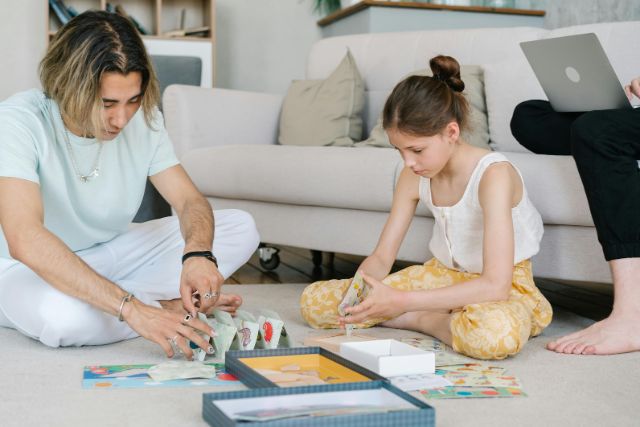 Image credit: Pexels
Image credit: Pexels
Social rest can be spending time alone or being engaged with people who can uplift you. A lack of deep connection in our relationships with others can make us feel lonely and isolated.
Try this!
- Allocate 15 minutes each day to connect with your partner or spouse to discuss the highs and lows of your day.
- Set aside one day each week, usually Sunday works best, for taking it slow. Consider reducing or even cutting off social media for the day and engage in family activities such as board games or sport games.
Type 7: Spiritual Rest
Spirituality is what gives us meaning in life. It can be tricky to identify a lack of spiritual rest but some tell-tale signs include a lack of motivation in life or lost sense of hope.
Try this!
- Volunteer for a cause meaningful to you and if you can, let your children join you in it.
- Display mantras that resonate with you and say it out loud when passing it as a quick form of meditating.
Understanding the different types of rest and identifying rest deficits help us to be more aware of our own needs. To find out more about Dr Saundra’s work, you can visit her website or make purchase of her book Sacred Rest.
This article was first published in The New Age Parents Mindful Parent Publication.
* * * * *
Looking to reach over 100,000 parents in Singapore? Let us amplify your message! Drop your contact details here, and we’ll reach out to you.
Discover exciting family-friendly events and places to explore! Join our Telegram channel for curated parenting recommendations.





